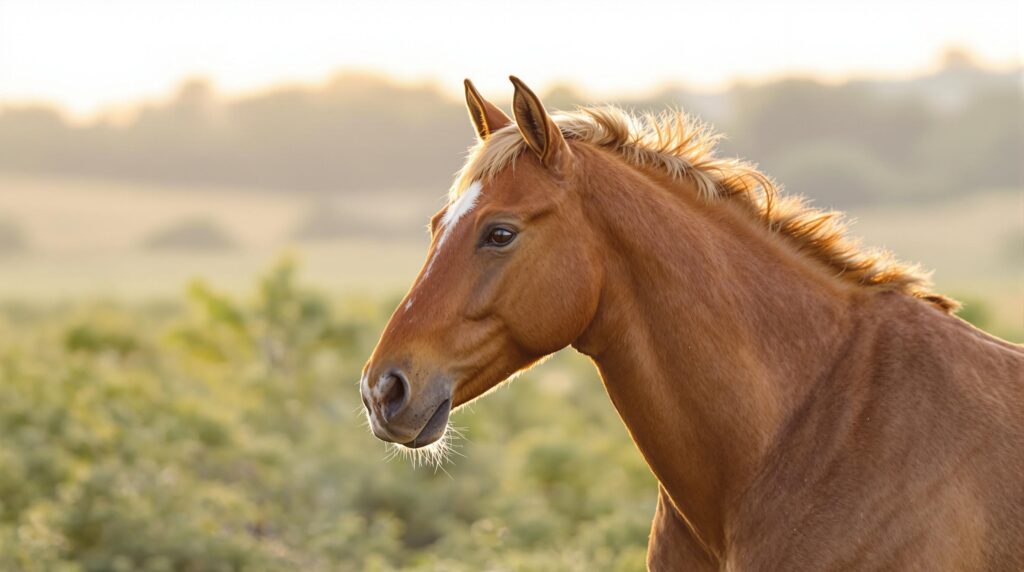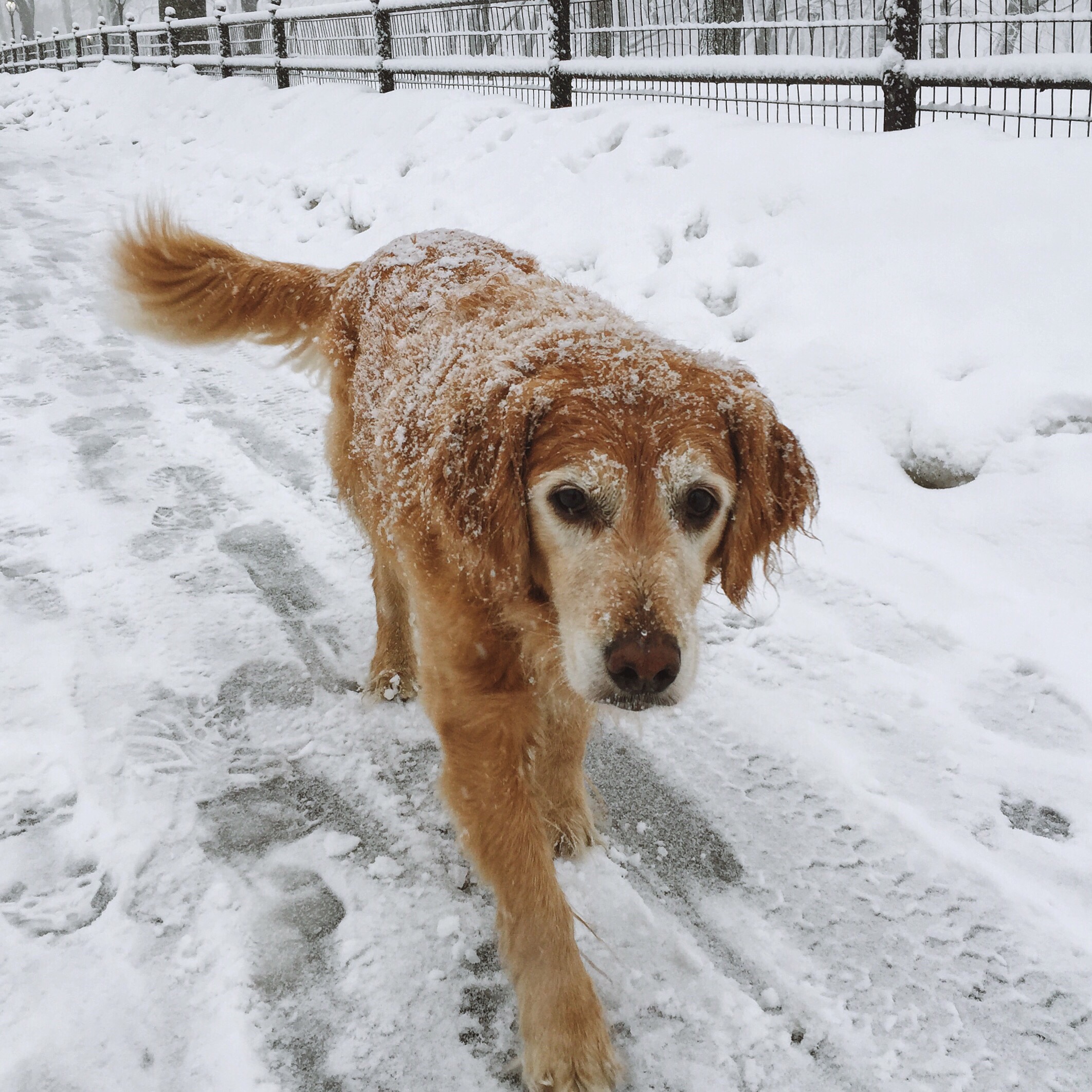Even the most laid-back horse is sometimes affected by stress. Changes in their environment or schedule, travel, and lack of exercise are just a few stress triggers for horses. While you may not be able to prevent or manage everything that makes your horse feel stressed, you can help them cope with, and even become more resilient to things that trigger them.
Effects Of Stress On Your Horse’s Health
Stress can manifest as digestive issues like colic and ulcers. What’s more, horses may eat less when they’re feeling stressed, leading to weight loss. Diarrhea and frequent urination are also common in stressed horses. Stress can also affect your horse’s immune system, leaving them more susceptible to illness and infection.
Signs Of Stress In Horses
While some horses internalize stress or shut down, many express it outwardly, from subtle signs to very obvious anxiety-driven behaviors. Signs of stress include:
How To Manage Stress In Horses
While you may not be able to avoid traveling for events or making changes in your horse’s environment, there are ways you can help them cope with stress.
For daily stress, Perfect Prep EQ Training Day is useful for helping to stabilize your horse’s mood. It’s a daily feed supplement made up of naturally occurring amino acids that help your horse feel calm and focused.
For travel-related stress, Perfect Prep EQ Supreme Paste contains a proprietary blend of amino acids and vitamins to help stabilize mood for up to six hours, making it a great option for shows and competitions.
Horses seem to respond well to aromatherapy. In a small study of 14 horses, the scent of lavender was shown to help lower heart rate and blood cortisol levels. While we still do not know much about the effects of essential oils on horses, lavender oil does not seem harmful to them and may be a helpful addition to your horse’s routine.
When it comes to specific, potentially stressful events like trailering, positive reinforcement training seems to help. Horses trained to self-load with the help of treats and a target stick were shown in a University of Copenhagen study to have fewer signs of stress than those loaded with the tap of a whip on their shoulder or rope pressure.




